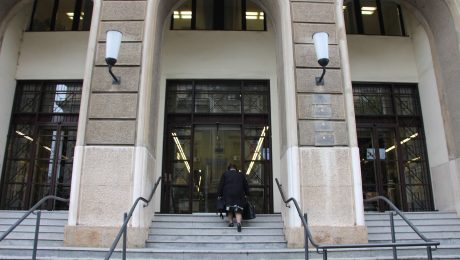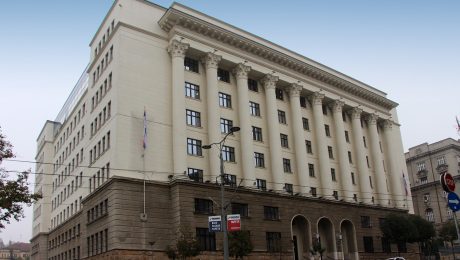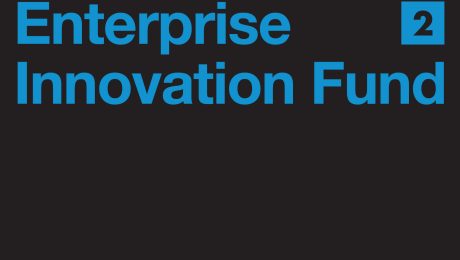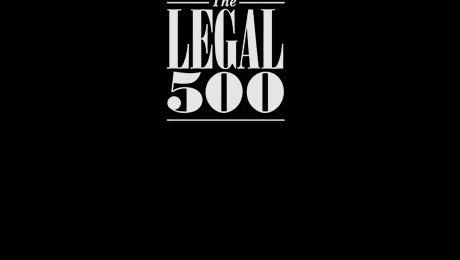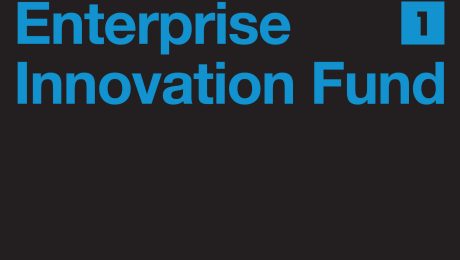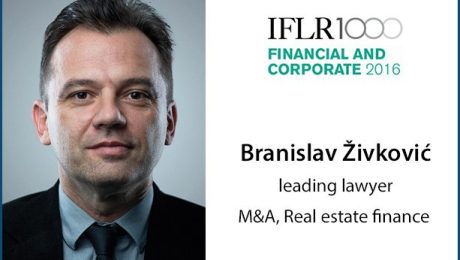Another Supreme Court of Cassation Victory in a Multimillion Shareholder Dispute
Wednesday, 13 July 2016
by ZS Law
- Published in Deals and Cases
Živković Samardžić achieves Supreme Court of Cassation victory for Vojvodjanska banka a.d.
Tuesday, 05 July 2016
by ZS Law
- Published in Deals and Cases
Current Events Exception Reinterpreted in a Landmark Copyright Infringement Case
Wednesday, 22 June 2016
by ZS Law
- Published in Deals and Cases
Živković Samardžić supports South Central Ventures with its second startup investment in less than three months
Saturday, 11 June 2016
by ZS Law
- Published in Deals and Cases
Živković Samardžić Retained Dispute Resolution Top-Tier Ranking in Chambers Europe 2016
Tuesday, 26 April 2016
by ZS Law
Živković Samardžić, one of the Serbia’s leading full-service independent law firms has again been ranked as a top-tier Serbian Dispute Resolution firm by leading legal directory Chambers and Partners in its 2016 Europe edition. The firm has retained its Dispute Resolution Chambers ranking for the third year running, since it was also ranked in the
- Published in Uncategorized
Živković Samardžić ranked in four out of five practice areas covered in Serbia by the Legal 500 EMEA 2016
Wednesday, 13 April 2016
by ZS Law
- Published in Uncategorized
Živković Samardžić advises South Central Ventures on its investment in Serbian startup Drytools
Monday, 14 March 2016
by ZS Law
- Published in Deals and Cases
Serbia’s new Advertising Law effective as of May 6, 2016
Friday, 05 February 2016
by ZS Law
[vc_row][vc_column width=”1/2″][vc_column_text]On January 26, 2016, Serbian Parliament adopted the new Advertising Law („Official Gazette of RS“, No. 6/2016) superseding the one that was in force since 2005 („Official Gazette of RS“, No. 79/2005). According to the statements made by the representatives of the Serbian Ministry of Trade, Tourism and Telecommunications, the new Law aims to
- Published in Insights
IFLR1000 recognizes Branislav Živković as the leading lawyer in the M&A and Real Estate Finance practice areas
Tuesday, 13 October 2015
by ZS Law
- Published in Uncategorized
Personal Data Transfers from Serbia in view of the Schrems Ruling and invalidation of the Safe Harbor Decision
Monday, 12 October 2015
by ZS Law
[vc_row][vc_column width=”1/2″][vc_column_text] Decision 2000/520 of the European Commission (the Safe Harbor Decision), which stated that Safe Harbor certified US companies provide adequate protection for personal data transferred to them from the EU, was ruled invalid by the European Court of Justice (ECJ) on October 6th, 2015, in its Case C‑362/14 – Schrems v [Irish] Data
- Published in Insights
